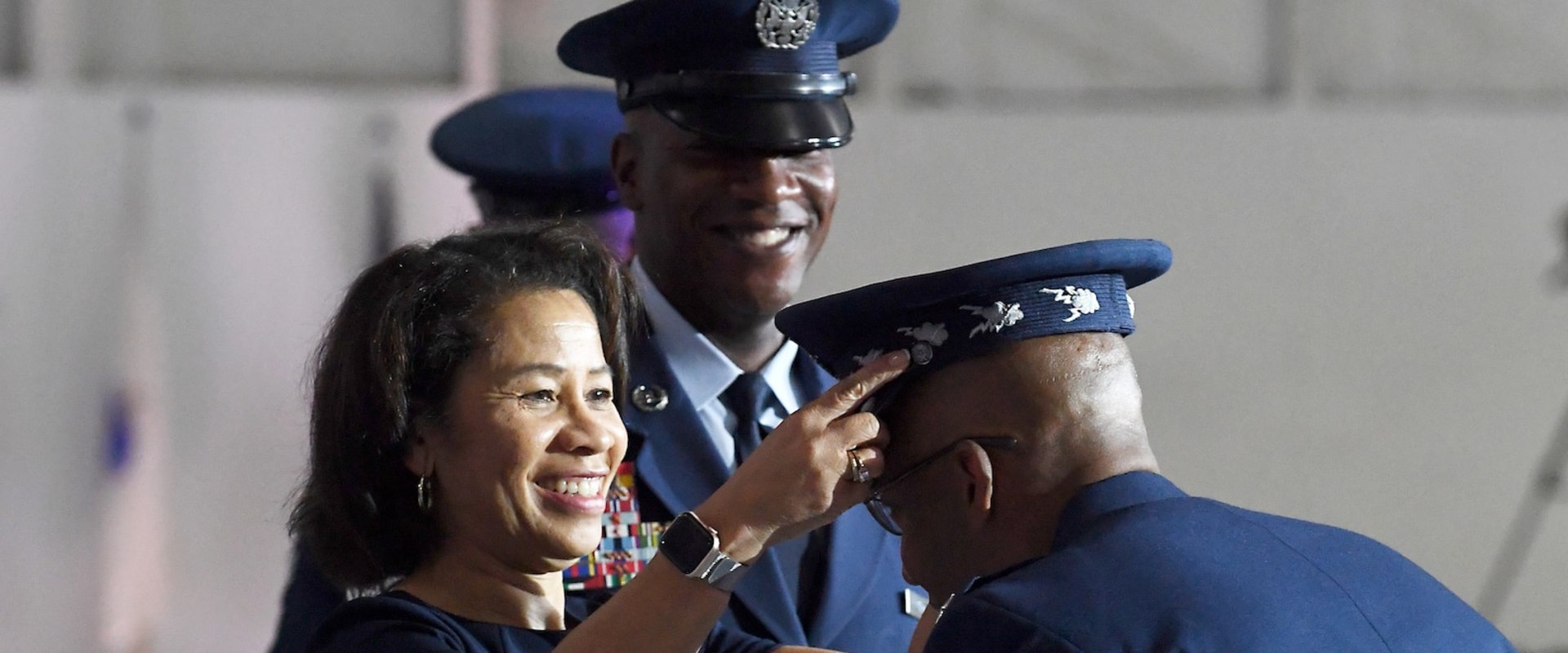Are you looking to take your career to the next level as a Chief of Staff? This position is relatively new in the private sector and qualifications vary from company to company. However, there are certain skills and experiences that can help you succeed in this role. In this article, we'll discuss what it takes to become a Chief of Staff, the responsibilities of the position, and how to advance your career in this field. The position of Chief of Staff is relatively new in the private sector and qualifications for the position vary from company to company.
However, many companies prefer job seekers with a master's degree in business administration (MBA) or a related field. Working well as part of a team will help you succeed in your career as a Chief of Staff, especially since you'll have to collaborate with other executives from all departments to implement the CEO's vision. To become a Chief of Staff, you need excellent interpersonal skills and several years of executive-level experience in corporate environments. Some people become managers of staff after working as executive assistants or executive business partners in the same company.
Any business degree can be beneficial, as it exposes you to many different areas that you can find in your position as Chief of Staff. You already know the internal and external stakeholders and you know very well how the organization works at multiple levels. You can also maintain a strong opinion about your former executive to help influence decisions and plan strategy. If you are excellent at the following responsibilities and enjoy them, then a career as Chief of Staff may be right for you: Developing strategies for achieving organizational goals, managing relationships with internal and external stakeholders, coordinating activities between departments, developing plans for implementing new initiatives, monitoring progress on projects.
While there are some situations where hiring a junior-level Chief of Staff can meet the needs of an organization, most executives will look for a boss with 8 to 10 years of professional experience. Some take up the position early in their career, others take up the position between 5 and 10 years after their career (often after the MBA), while others do so between 15 and 20 years, usually in larger organizations and as an attached responsibility (p. ex. Many managers of staff are well prepared to hold high-level positions in operations or strategy, such as chief operating officer or vice president.
The role of Chief of Staff originated in politics and the military, and is now increasingly being adopted by CEOs. The executive assistant to the executive director must understand the role of the executive director, since he or she participates in the flow of information and will continue to handle the routine tasks that support the activities of the Chief of Staff. Salary information is always a little difficult to find, especially for more nuanced positions, such as Chief of Staff. Depending on the company and the director, some Chief of Staff positions may require more technical training or even a specialization in a particular subject area, for example, finance or technology.
You may not make the right decision 100% of the time. They selected you for the position because they are confident that you will make the right decisions most or most of the time. If they're already familiar with the position of Chief of Staff or have other people in that position, great. If you think there's a risk that you'll be stopped being the eternal Chief of Staff, it's time to move on and find a leadership position elsewhere.
Remember that every employer is different and each one will have unique qualifications when you hire for a Chief of Staff position. Once again, this experience can occur in a variety of fields and organizations (often, the resume of an ideal candidate for the position of Chief of Staff looks more like a jungle gym than a ladder), but having a solid understanding of general business operations and processes will be key to being an ideal candidate for the position. The right Chief of Staff can be an important source of help for leaders who are pushing their organizations and themselves to achieve ever better performance. As Chief of Staff, you'll work with the CEO and report directly to him, conveying messages and ideas from other senior executive leaders to improve the company's internal functions and processes.
Very few people have what it takes to be “for life” in the position of Chief of Staff, so your long-term career plan should include some alternative options for when you're ready to leave the position completely. If you're looking for ways to advance your career as a Chief of Staff, consider taking on additional responsibilities within your organization or seeking out opportunities outside your current role. You can also look into getting certified or taking courses related to your field. With hard work and dedication, you can make great strides towards advancing your career as a Chief of Staff.











